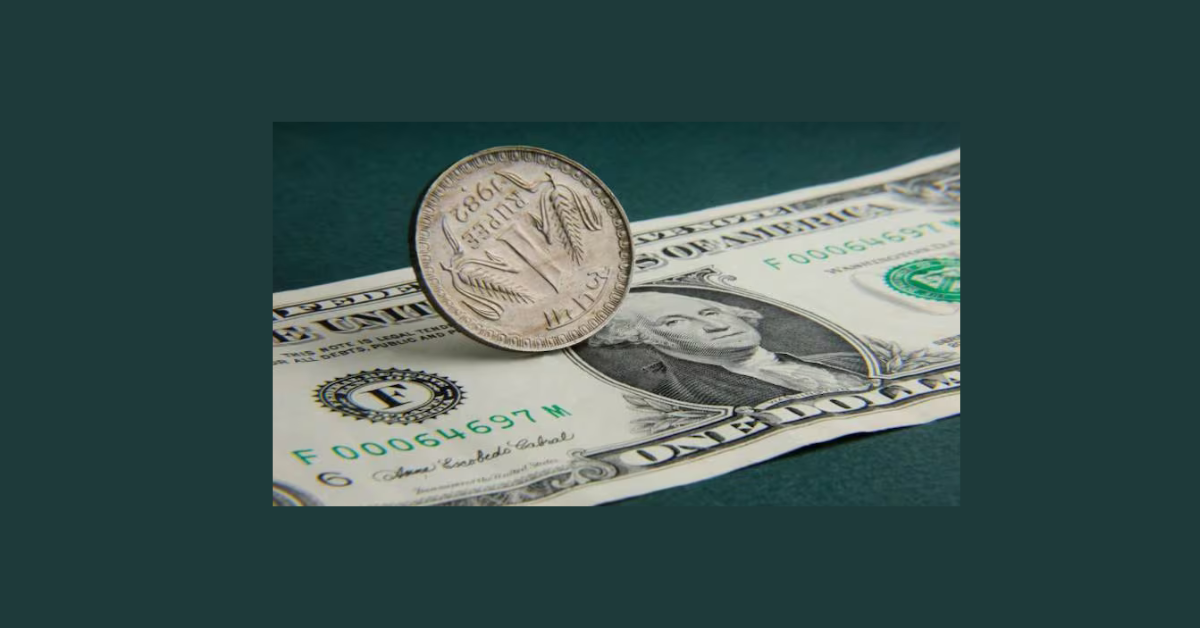Understanding Currency Markets
The currency market is a global decentralized marketplace where various currencies are traded. It is the largest and most liquid financial market in the world, with an average daily trading volume exceeding trillions of dollars. Currency trading plays a crucial role in the global economy, facilitating international trade and investment across borders.
Participants in the currency market include central banks, financial institutions, corporations, governments, and individual traders. The market operates 24 hours a day, five days a week, encompassing major financial centers like London, New York, Tokyo, and Sydney. Currency prices are influenced by various factors such as economic indicators, geopolitical events, interest rates, and market sentiment.
Factors Affecting Currency Exchange Rates
The currency exchange rates are influenced by a multitude of factors, with economic indicators playing a pivotal role. These indicators include inflation rates, interest rates, employment figures, and GDP growth. A country with stable economic indicators is likely to have a stronger currency, as it signifies a robust economy.
Geopolitical events also have a significant impact on currency exchange rates. Political instability, trade agreements, and conflicts can all lead to fluctuations in the value of a currency. Investors often closely monitor these events as they can swiftly affect the market sentiment towards a particular currency.
Different Types of Currency Bets
When trading in the currency markets, there are several types of bets you can place. One common type is a spot transaction, where the exchange of currencies happens immediately at the current market rate. This is suitable for traders looking for quick transactions.
Another type of currency bet is a forward contract, where two parties agree to exchange currencies at a specified future date and rate. This can be beneficial for hedging against potential currency fluctuations. It allows traders to lock in exchange rates for future transactions, providing a level of certainty in uncertain markets.
Choosing a Reliable Broker
Selecting a reputable broker is crucial when venturing into the world of currency trading. Before committing to a broker, it is imperative to conduct thorough research. Check for regulatory oversight, as brokers operating under reputable regulatory bodies are more likely to provide a secure trading environment. Additionally, read reviews and gather feedback from other traders to gauge the broker’s reputation and service quality.
When choosing a broker, consider their range of trading products and services offered. Look for brokers that provide a user-friendly trading platform, efficient customer support, competitive spreads, and low fees or commissions. Assessing these factors will help ensure a smooth and successful trading experience with a reliable broker.
Setting Up a Trading Account
To set up a trading account, the first step is to choose a reputable broker. Do your research and select a broker that is regulated by a respected authority and has a good track record. Make sure the broker offers the currencies you are interested in trading and provides a user-friendly trading platform.
Once you have chosen a broker, the next step is to open a trading account with them. This usually involves filling out an online application form and providing the necessary documents for identity verification. The broker will then review your application and once approved, you can fund your account and start trading currencies.















